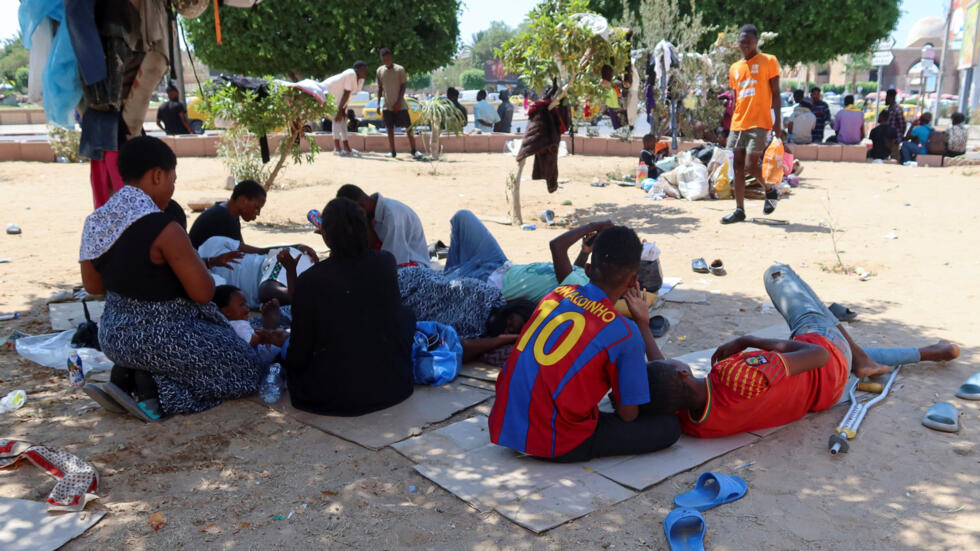UNHCR, the UN Refugee Agency, and the International Organization for Migration (IOM), expressed their deep concern for the safety and well-being of hundreds of migrants, refugees and asylum-seekers in Tunisia, “who remain stranded in dire conditions following their removal to remote and desolate areas near the country’s borders with Libya and Algeria.”
“Others have been pushed across the borders to Libya or Algeria,” the two organizations said in a joint statement.
Many of these individuals were displaced from Sfax following the recent unrest in the city, while others were relocated from various urban centres across Tunisia, according to the statement.
Among those stranded are women (including some who are pregnant) and children. They are stuck in the desert, facing extreme heat, and without access to shelter, food or water. There is an urgent need to provide critical, life-saving humanitarian assistance while urgent, humane solutions are found, it pointed out.
“Tragically, there are already reports of the loss of life among the group. UNHCR and IOM are deeply saddened by this situation and offer condolences to the families and communities of those who lost their lives. This unfolding tragedy needs to end.”
UNHCR and IOM appreciated the work of the Tunisian and Libyan Red Crescent in delivering humanitarian assistance to hundreds of people in the border areas.
UNHCR and IOM stressed that search and rescue efforts are urgently needed for those who remain stranded on both sides of the border, and urged for a timely resolution of this situation. This also includes ensuring that those with international protection needs must be identified and given the opportunity to seek asylum, and vulnerable migrants, including victims of trafficking and unaccompanied children, must be referred to appropriate services.
UNHCR and IOM called on all countries involved to uphold their international legal obligations to migrants, refugees and asylum-seekers.
UNHCR and IOM expressed their readiness to support the authorities to resolve the current situation in a humane and principled manner that respects the rights of all, as well as to develop a sustainable and comprehensive approach to the management of migration and asylum.
